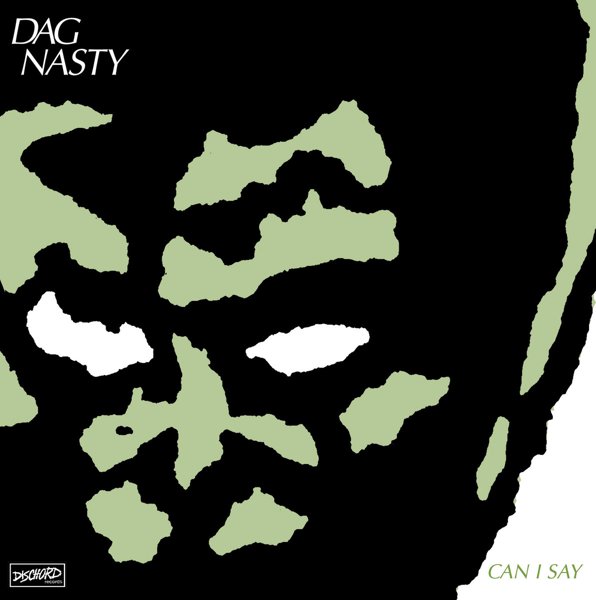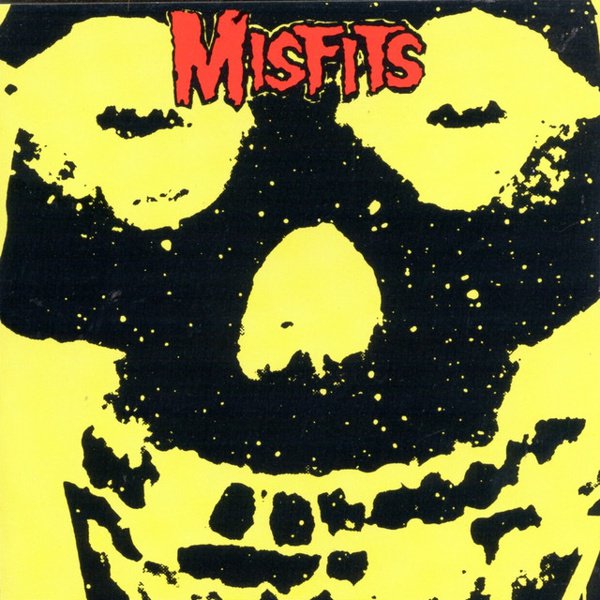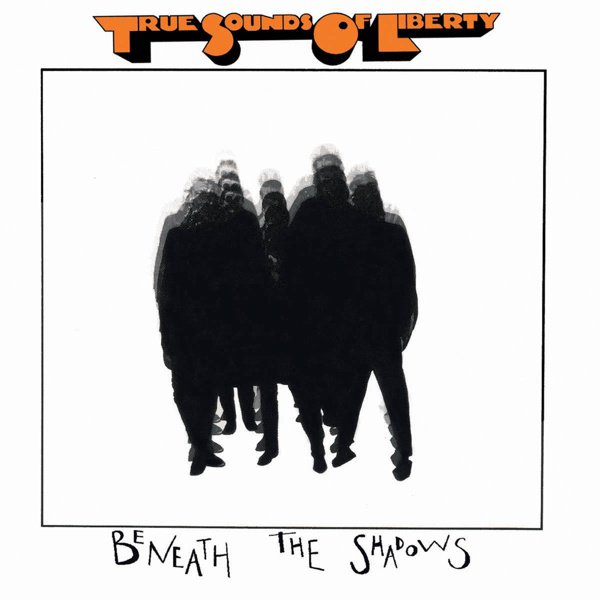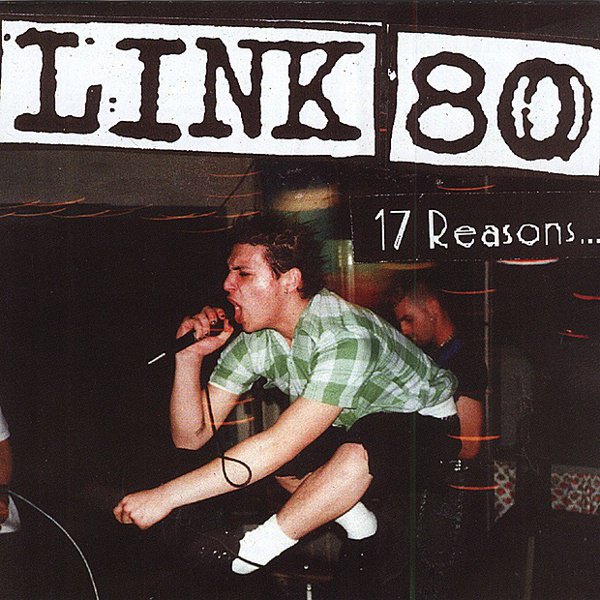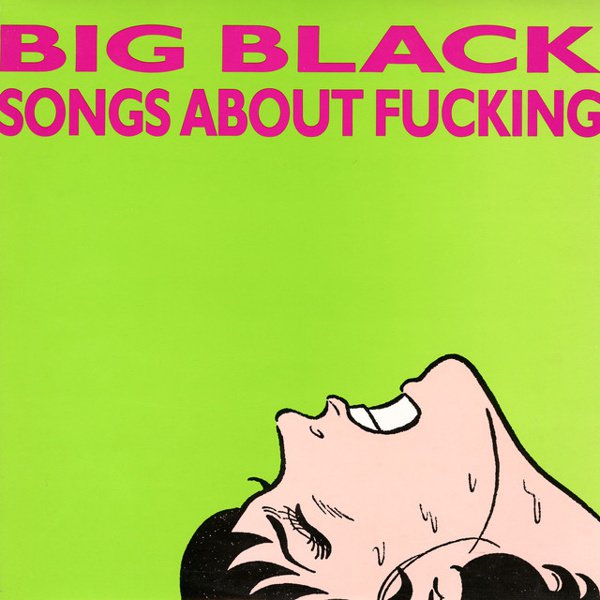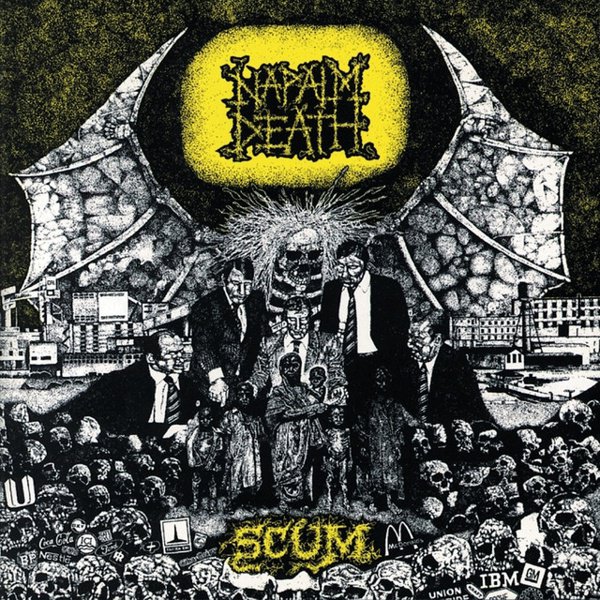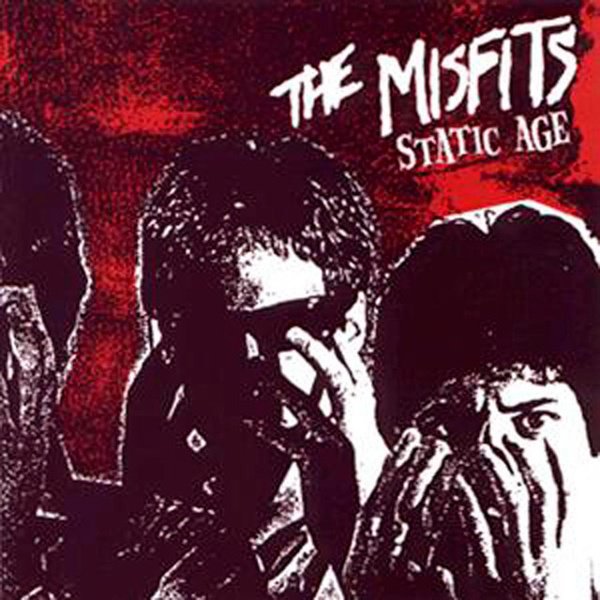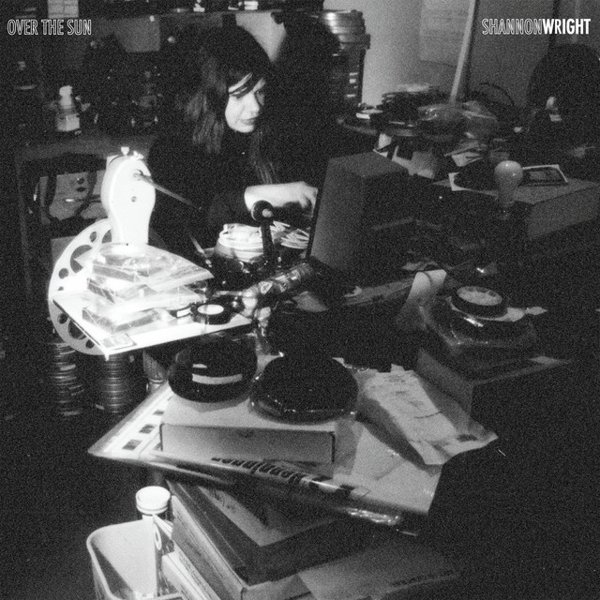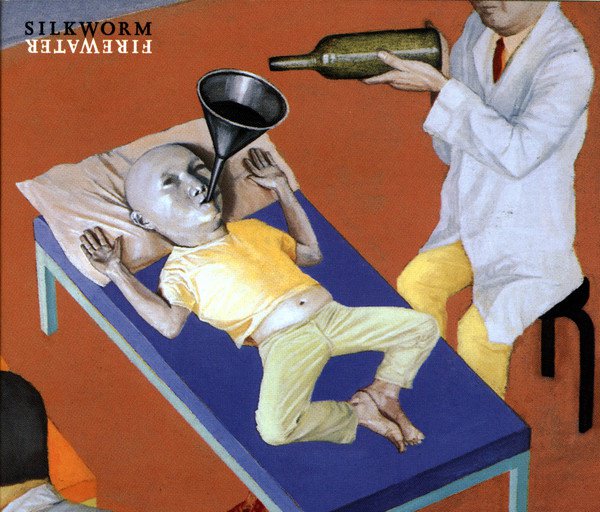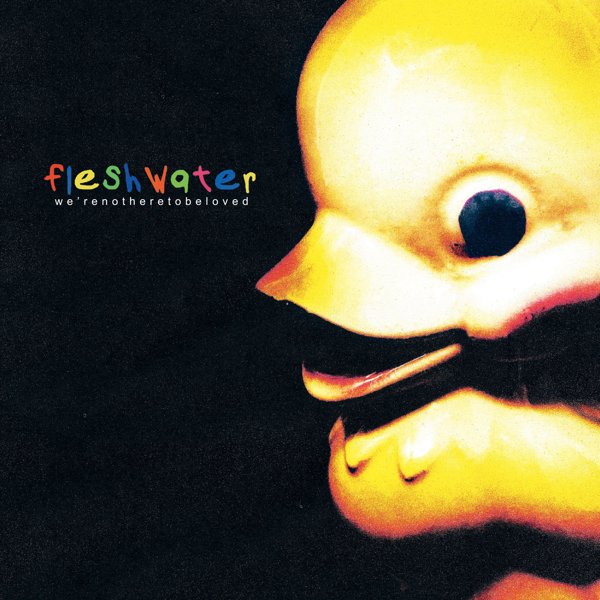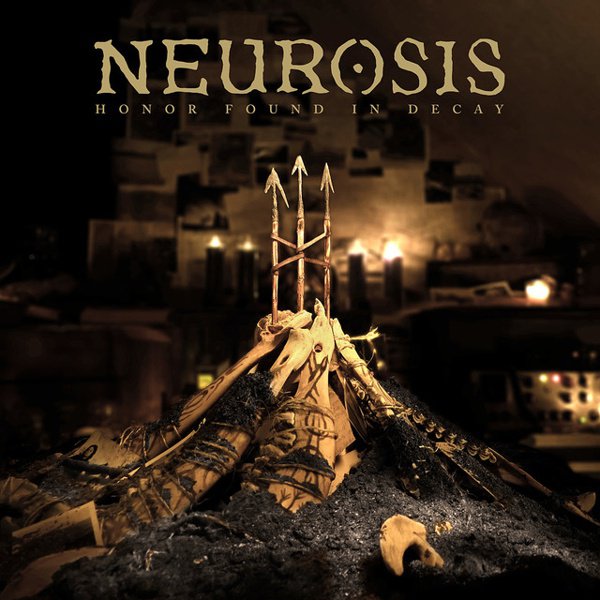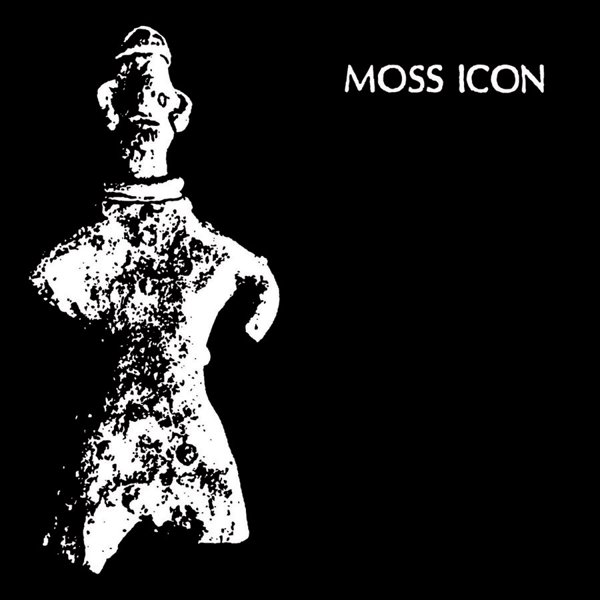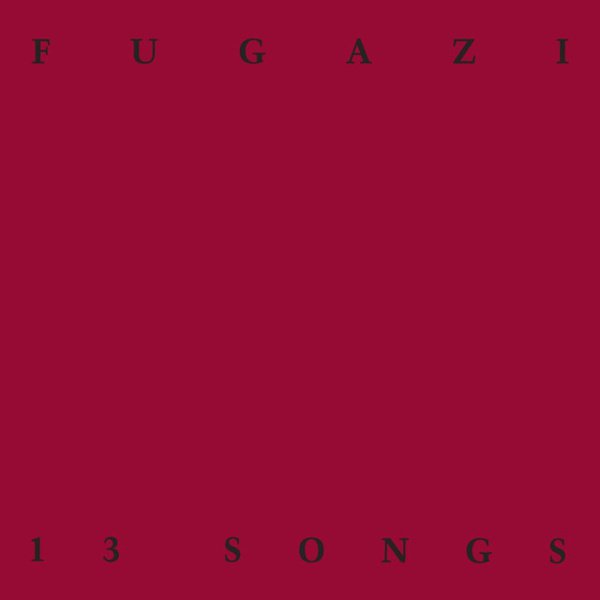
Recommended by
13 Songs
If the Revolution Summer mini movement of 1985 signaled a key shift in the Dischord scene, Fugazi’s emergence was even more momentous, signifying a true graduation out of any kind of orthodox notion of hardcore punk and a forceful declaration about what might come after. The band’s first two EPs, 1988’s Fugazi and 1989’s Margin Walker, compiled into the 13 Songs LP shortly after the latter’s release, were something like the Led Zeppelin I and II of post-hardcore, a one-two punch that found a new band already exhibiting a startling amount of cohesion and confidence. The first EP lacks Guy Picciotto’s combustible guitar work, an important element of Fugazi’s mature sound, but his vocals alone (initially modeled after the hype-man stylings of Flavor Flav) were enough to establish the band’s core duality: the yin-yang contrast between Ian MacKaye’s stoic delivery, rising at climactic moments to an embittered roar, and Picciotto’s feverish emotional outpourings. Their other key pillar was the hand-in-glove chemistry of the band’s ace rhythm team — Picciotto’s former RItes of Spring, One Last Wish and Happy Go Licky bandmate Brendan Canty and Joe Lally, a bassist steeped in classic hard rock and the ‘80s British underground — who found a way to temper the aggression of hardcore with a funky bounce and dub-like throb. The result was a string of instant-classic songs, including the anthemic, sublimely grooving “Waiting Room” and “Bad Mouth”; the seething, hypnotic “Burning” and “Give Me the Cure”; and “Suggestion,” which paired a slinky staccato vamp with a thought-provoking critique of sexual assault and misogyny. Margin Walker found the band expanding in all directions, excelling at urgent, noise-bathed drive on the title track and “Lockdown”; long-fuse post-punk on “And the Same”; and even their brooding, elegant take on a power ballad on “Promises.”

